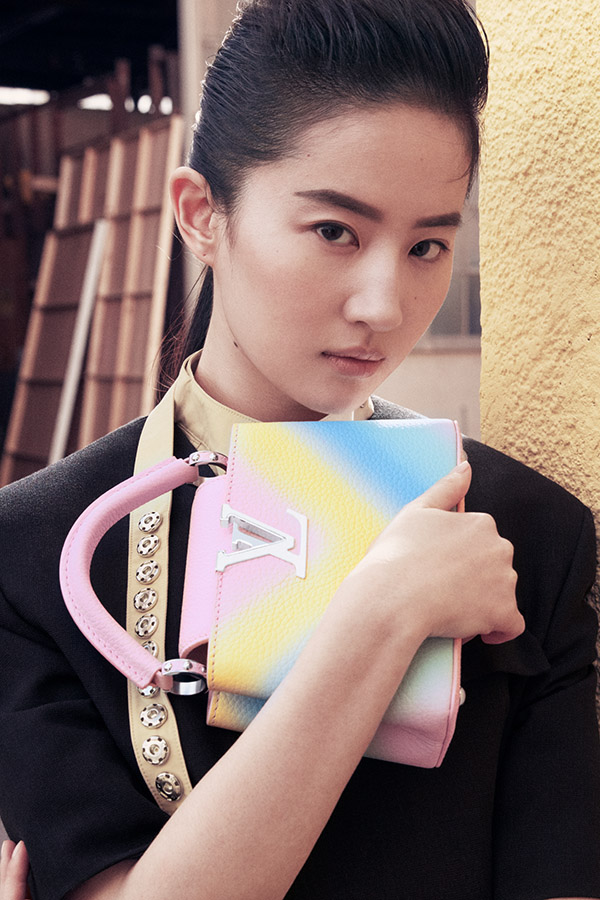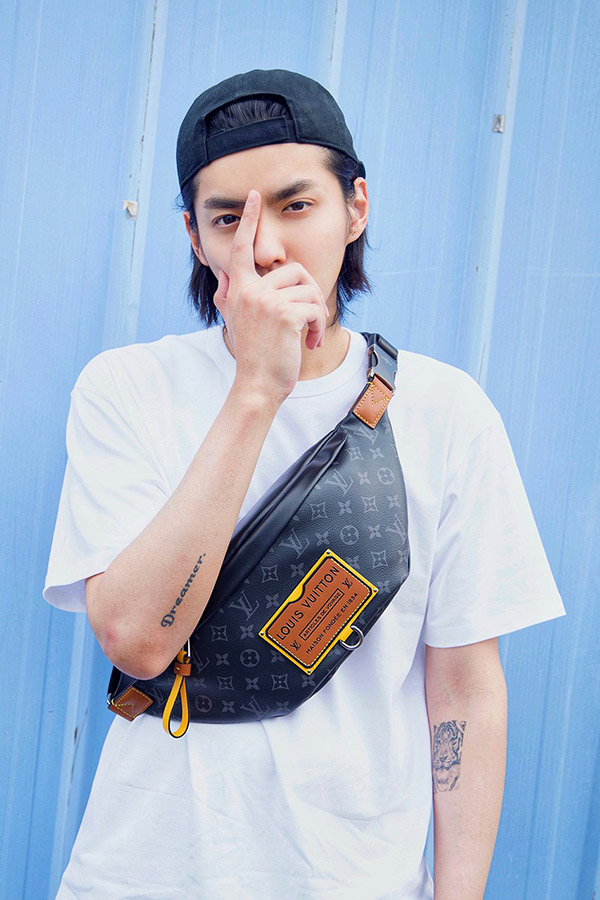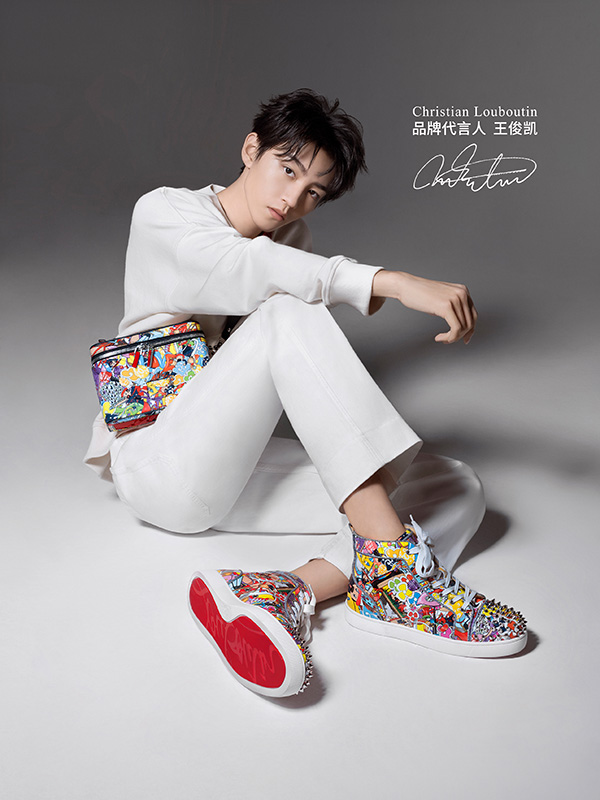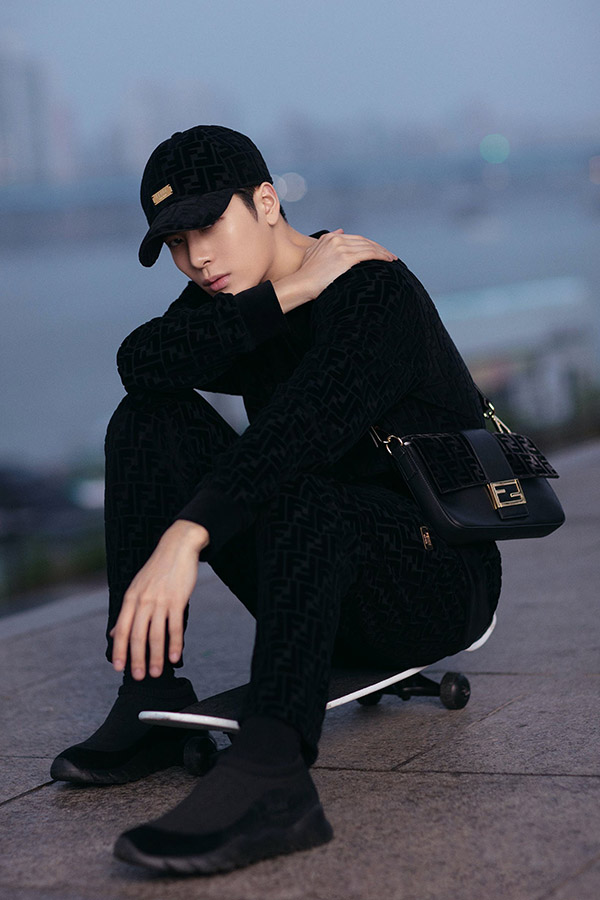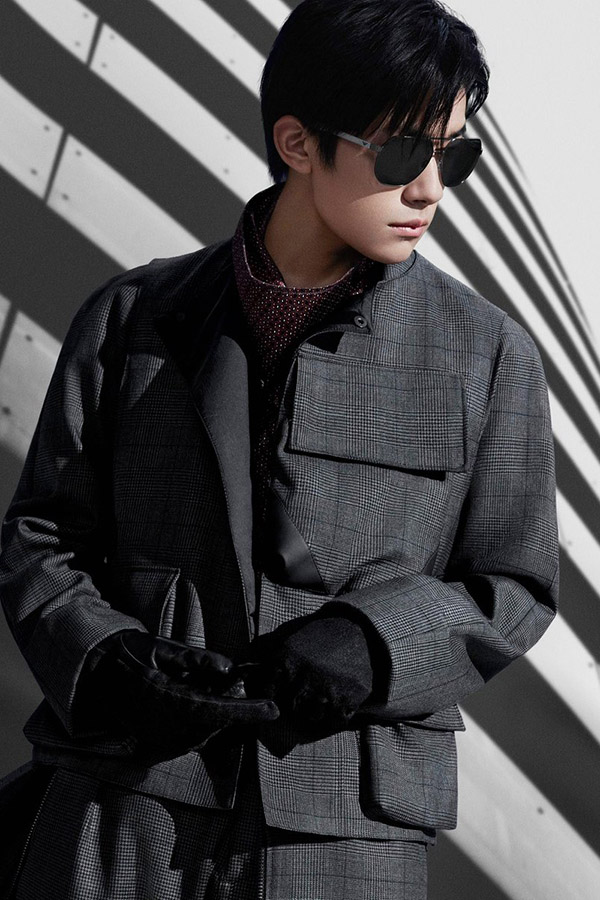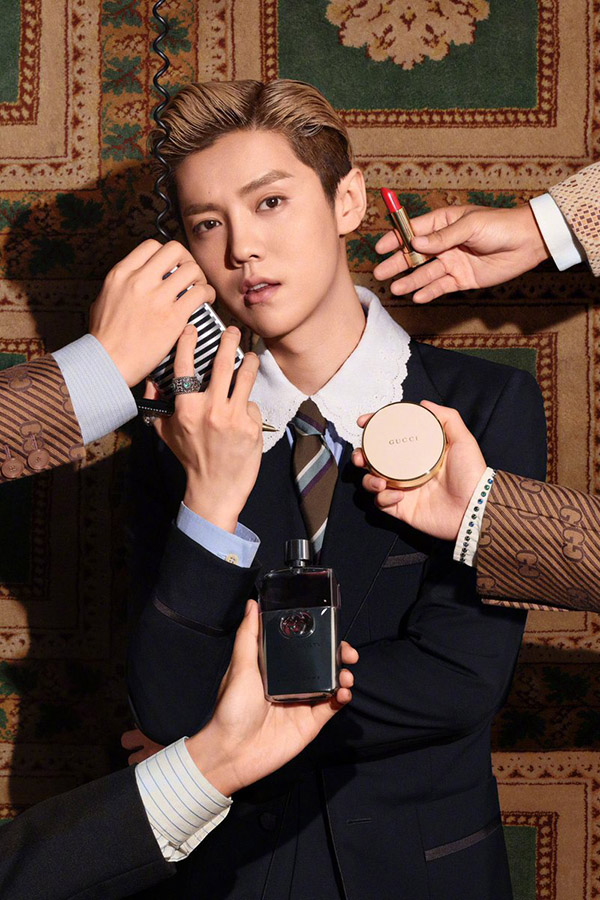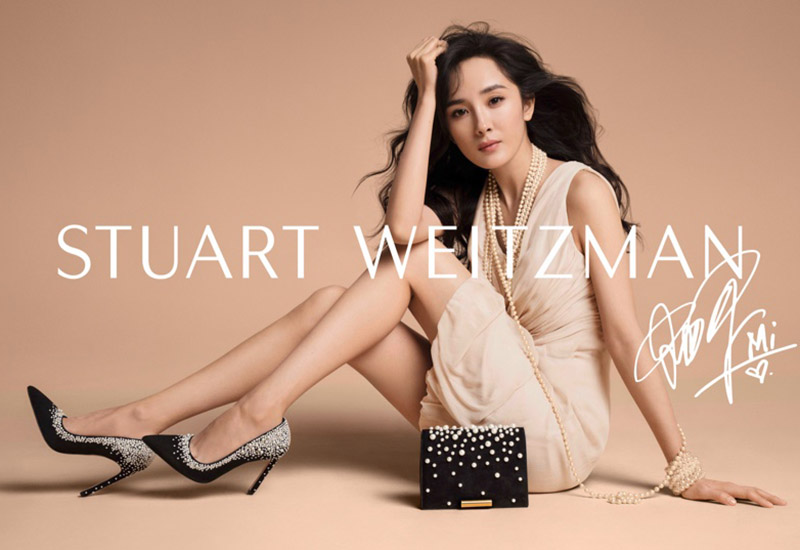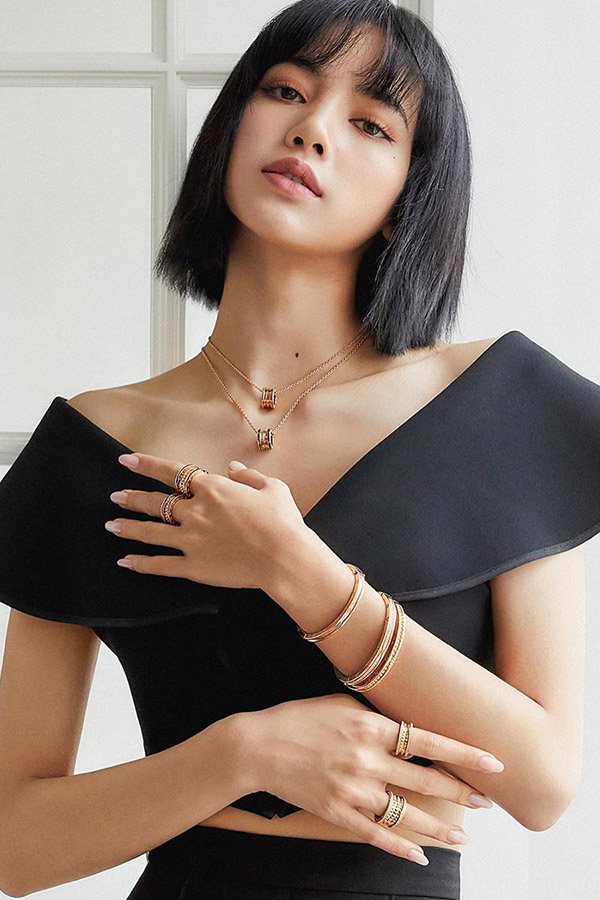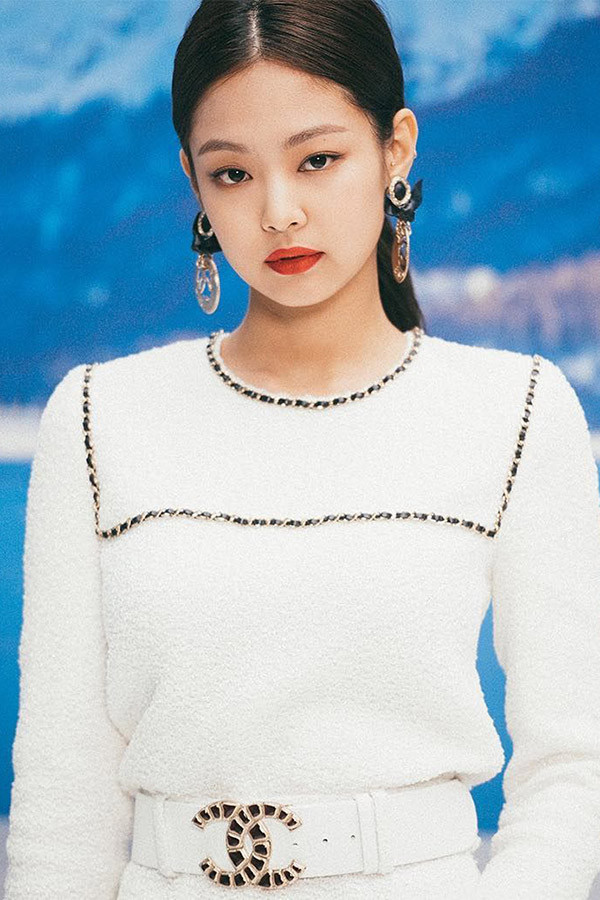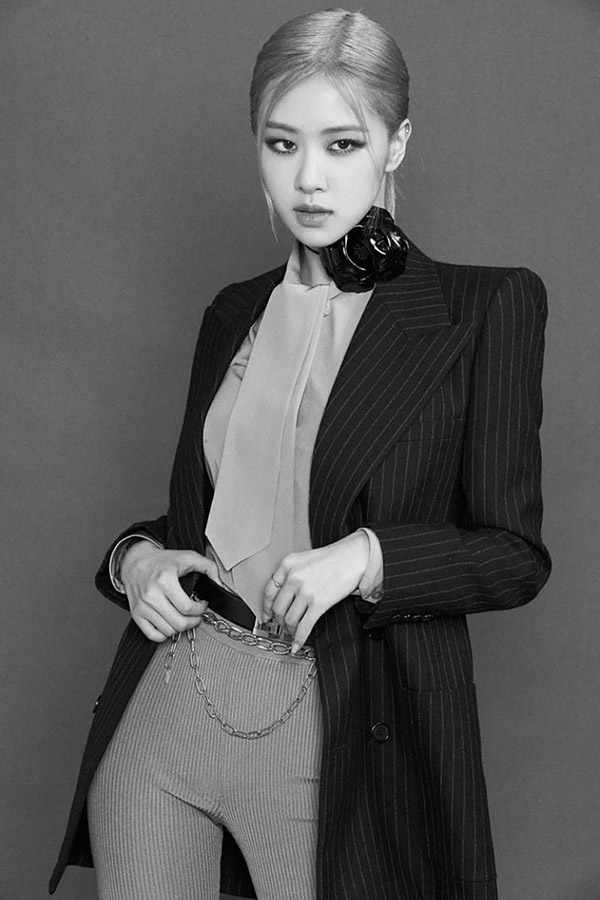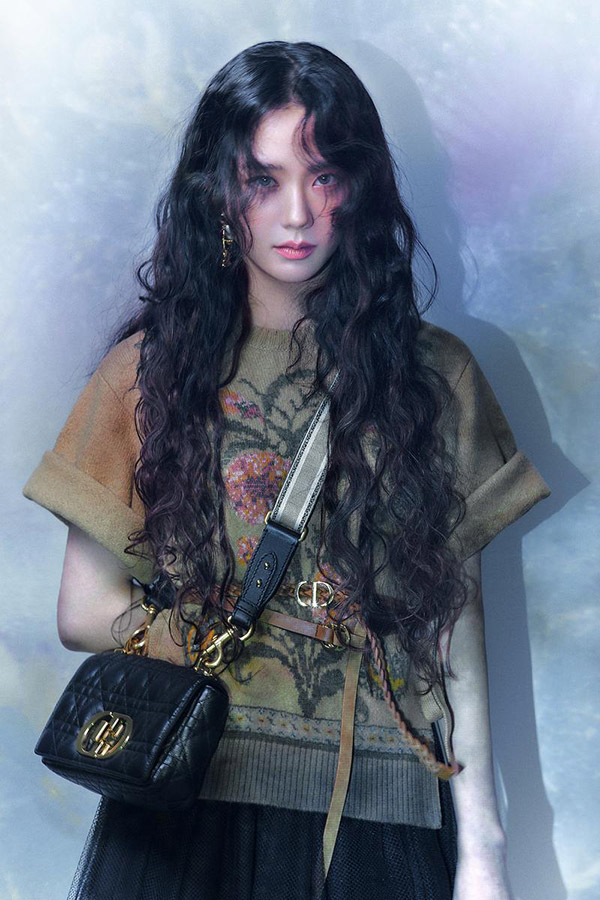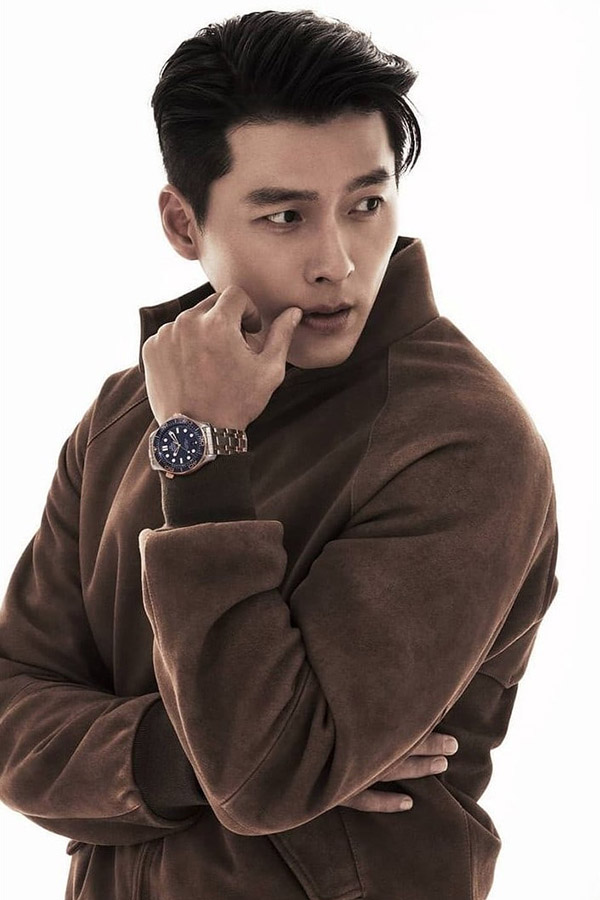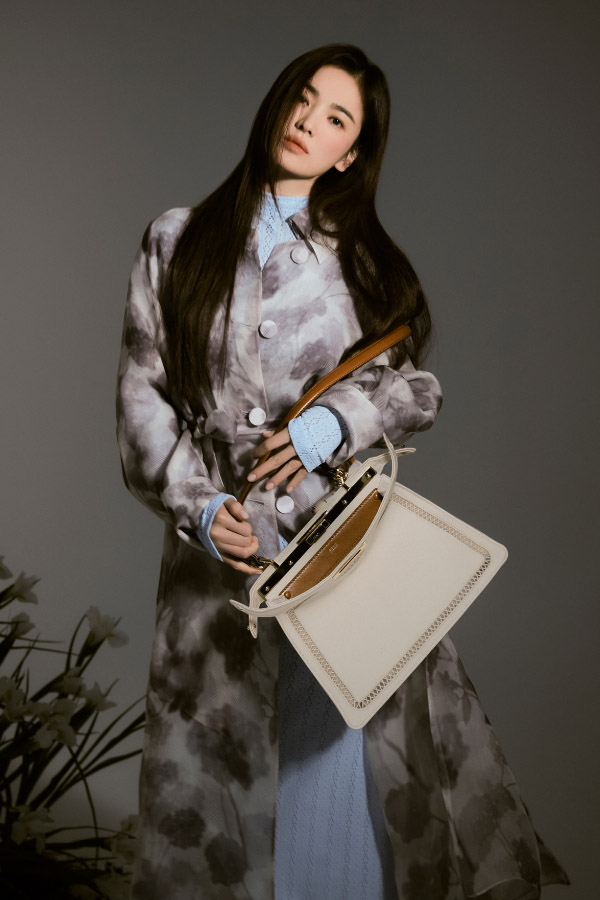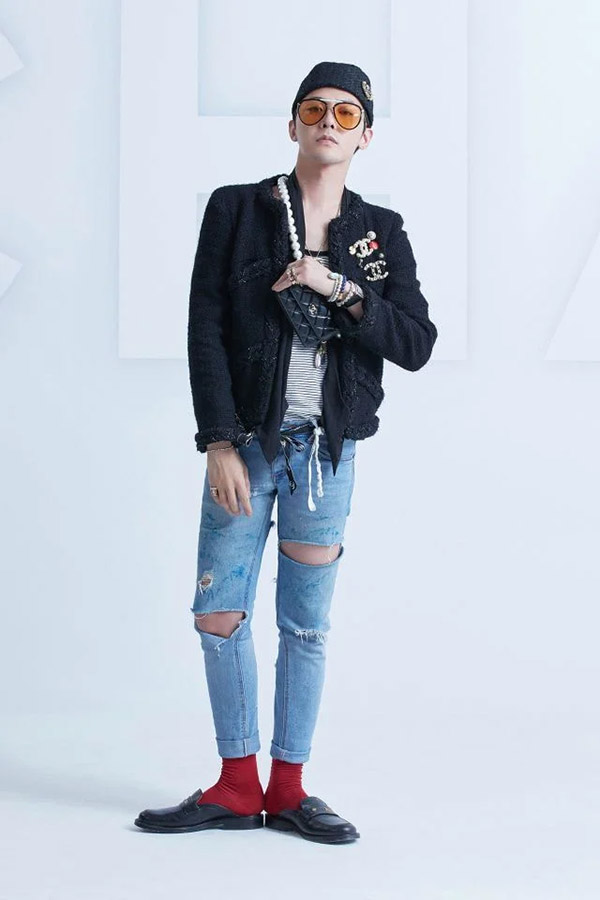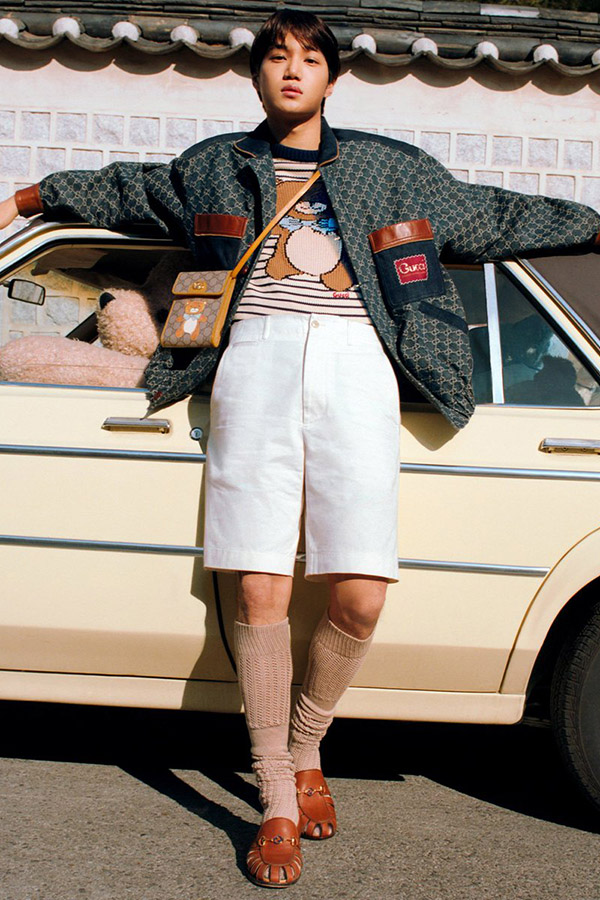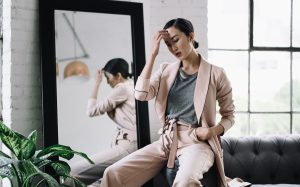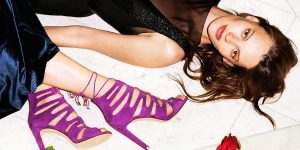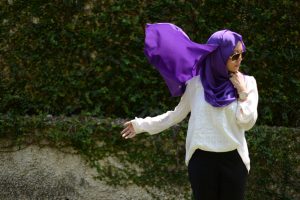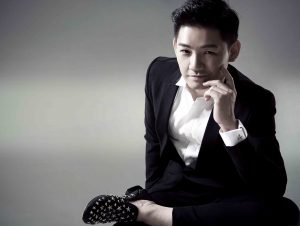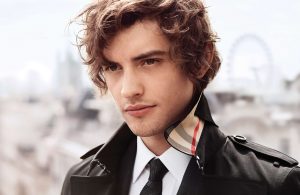After years of seeing mainly Hollywood celebrities and European stars as the global face of the world’s top luxury brands, Asians are finally getting a seat on the table. All four Blackpink members, in particular, have recently been drawing attention for their respective appointments by Chanel, Celine, Dior and Saint Laurent, among others.
They are joined by other a host of other Chinese and South Korean artistes and celebrities, at a rate that sees a new Asian global ambassador being announced practically every month. Today, it would seem that if a luxury brand didn’t have an ambassador from one of these two countries, they are either outdated or missing out big time.
This begs the question: what is driving the shift? We take a closer look at why luxury brands are turning to the East to sell their products and who are the stars they have chosen to front their campaigns.
Targeting the lucrative Chinese market
(swipe left for more)
In 2019, McKinsey & Company released a report projecting that China will account for 40% of the global luxury sales by 2025. A separate report by Global Times indicates that the country is already headed in that direction, with its share of the global market doubling from 11% in 2019 to 20% last year.
With the Chinese market being the only major economy to experience positive growth last year – amidst a pandemic, no less (thank “revenge spending” for that) – it makes sense why luxury brands are looking to work with names and faces that could drive sales further.
At the same time, China has a mature e-commerce infrastructure that allows it to cater to the on-demand online purchases of consumers, especially when retail stores were forced to close. On top of launching virtual stores on Tmall, Alibaba Group’s B2C online marketplace, brands are taking to social media platforms such as Douyin (China’s version of TikTok) and Weibo to boost their online presence and target younger Chinese consumers.
One proven strategy to increase publicity and credibility with these Millennial and Gen Z consumers is through the celebrities they follow, hence the call for more brand ambassadors in China. For instance, Liu Yifei’s recent appointment as the face of Louis Vuitton received overwhelming support on Weibo, with fans showing their support for the Mulan actress by sharing receipts of their purchases from the brand.
Surfing on the K-wave
(swipe left for more)
Ever since K-pop entered the mainstream music industry in the 2000s, South Korean artists and groups have been amassing a sizeable fan base across the globe. Coupled with the growing popularity of K-dramas and K-beauty trends, it’s no secret that the K-wave has become a global phenomenon of undeniable influence.
While the South Korean market and appetite for luxury pales in comparison to China, the appeal and influence of its stars are arguably more widespread on a global scale. With groups like Blackpink and BTS ranking among the biggest pop bands in the world, penetrating other major economies including the US and Europe, everyone wants a piece of the K-pie – and luxury brands are no exception.
Not to mention, many fans of these South Korean superstars are known to be fierce supporters of their “bias” (a term to denote a fan’s favorite member within a group) – going as far as to track down representatives of the groups to deliver a gift or spend thousands on merchandise and anything they endorse, which brings us to our point. These idols have a Midas touch to products and brands they are associated with; companies are simply leveraging on that.
Photos courtesy of respective brands


